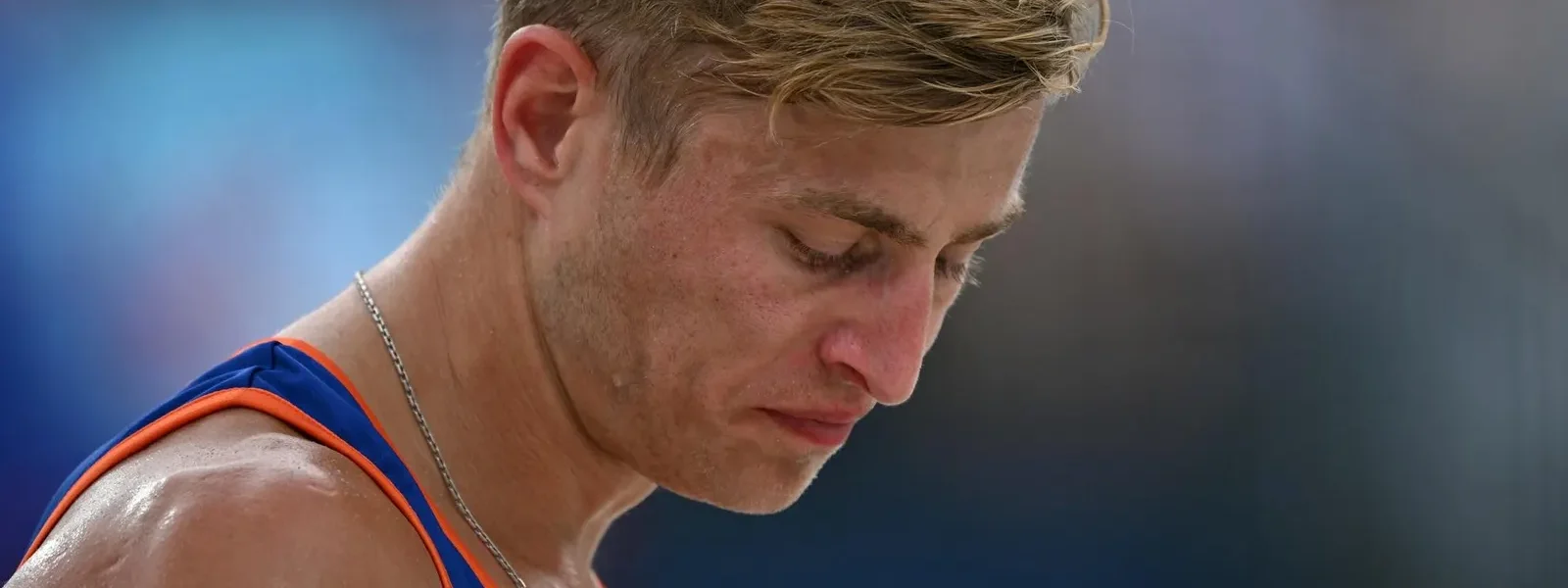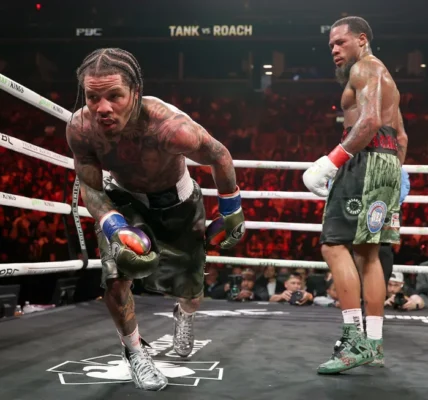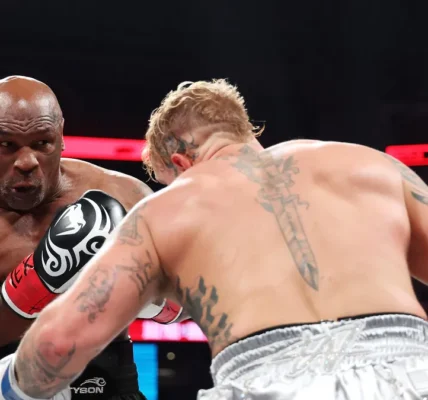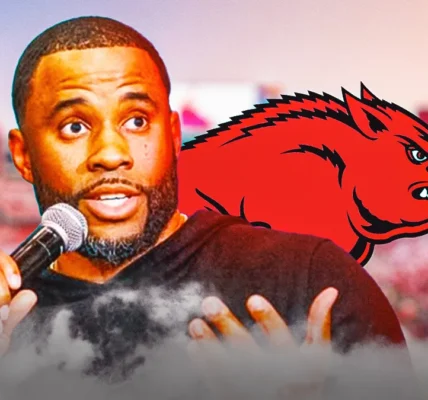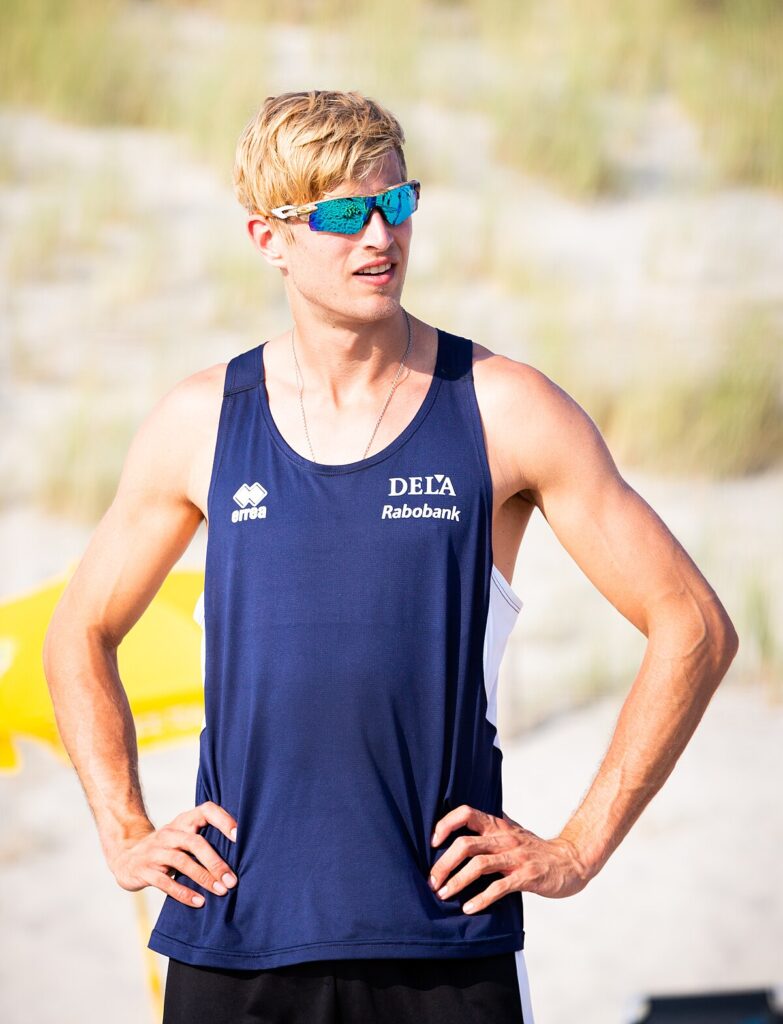
The 2024 Paris Olympics was marred by a controversy that extended beyond the playing fields. Dutch volleyball player Steven van de Velde, convicted of child rape a decade prior, found himself at the center of a storm that questioned the ethics of his participation.
Van de Velde’s inclusion in the Games sparked outrage, with petitions and advocacy groups demanding his exclusion.Critics argued that allowing a convicted sex offender to represent his country on the world stage sent a dangerous message, trivializing the gravity of his crime.
Despite the backlash, the International Olympic Committee (IOC) deferred to the Dutch Olympic Committee’s decision,highlighting the complex interplay between national autonomy and global sporting ethics. While the IOC expressed discomfort with the situation, it ultimately lacked the authority to overturn the Dutch committee’s ruling.
Van de Velde’s Olympic experience was far from celebratory. He faced boos from the crowd, chose to avoid the Olympic Village, and skipped post-game interviews. The weight of public scrutiny was compounded by attacks on his family and teammate, forcing him to confront the far-reaching consequences of his past actions.
In a tearful press conference following the Games, Van de Velde acknowledged the pain he had caused and expressed remorse for the impact on his loved ones. He lamented the intense media scrutiny that exposed his family to unwanted attention, questioning whether his Olympic dream was worth the collateral damage.
The controversy surrounding Van de Velde underscores the challenges faced by sports organizations in balancing the principles of rehabilitation and second chances with the need to protect victims and uphold ethical standards. While some argue that Van de Velde had served his sentence and deserved a chance to rebuild his life, others contend that his presence in the Olympics tarnished the spirit of the Games.
The case also highlights the cultural divide in perceptions of Van de Velde’s actions. While his participation generated significant controversy abroad, it received less attention in his home country, where the focus was on his rehabilitation and reintegration into society.
As Van de Velde contemplates his future in the sport, his story serves as a cautionary tale about the enduring impact of past mistakes. The controversy surrounding his Olympic journey raises important questions about forgiveness,redemption, and the responsibility of sports organizations to prioritize the well-being of all individuals, both athletes and victims.

